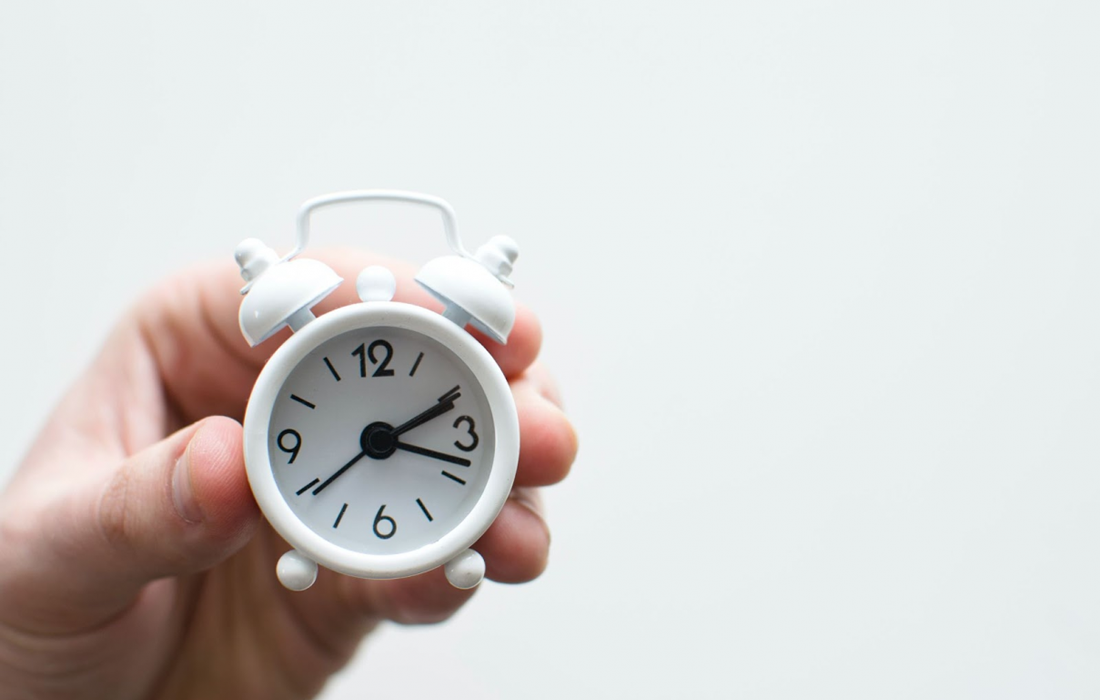Lifestyle
How Watching the Clock Impacts Insomnia
The research, led by Spencer Dawson, clinical assistant professor and associate director of clinical training in the College of Arts and Sciences’ Department of Psychological and Brain Sciences, focuses on a sample of nearly 5,000 patients presenting for care at a sleep clinic.
Participants completed questionnaires about the severity of their insomnia, their use of sleep medication and the time they spent monitoring their own behavior while trying to fall asleep. They were also asked to report any psychiatric diagnoses. Researchers conducted mediation analyses to determine how the factors influenced each other.
“We found time monitoring behavior mainly has an effect on sleep medication use because it exacerbates insomnia symptoms,” Dawson said. “People are concerned that they’re not getting enough sleep, then they start estimating how long it will take them to fall back asleep and when they have to be up. That is not the sort of activity that’s helpful in facilitating the ability to fall asleep, the more stressed out you are, the harder time you’re going to have falling asleep.”
As the frustration over sleeplessness grows, people are more likely to use sleep aids in an attempt to gain control over their sleep.
Dawson said the research indicates a simple behavioral intervention could provide help for those struggling with insomnia. He gives the same advice to every new patient the first time they meet.
“One thing that people could do would be to turn around or cover up their clock, ditch the smart watch, get the phone away so they’re simply not checking the time,” Dawson said. “There’s not any place where watching the clock is particularly helpful.”
Sources:
Spencer C. Dawson, Barry Krakow, Patricia L. Haynes, Darlynn M. Rojo-Wissar, Natalia D. McIver, Victor A. Ulibarri. Use of Sleep Aids in Insomnia. The Primary Care Companion For CNS Disorders, 2023; 25 (3) DOI: 10.4088/PCC.22m03344
Indiana University. “Losing sleep over losing sleep: how watching the clock impacts insomnia, use of sleep aids.” ScienceDaily. ScienceDaily, 16 May 2023. <www.sciencedaily.com/releases/2023/05/230516115525.htm>.
Images from:
Photo by Lukas Blazek
https://unsplash.com/photos/UAvYasdkzq8

